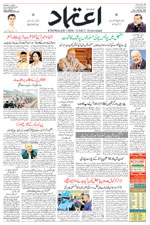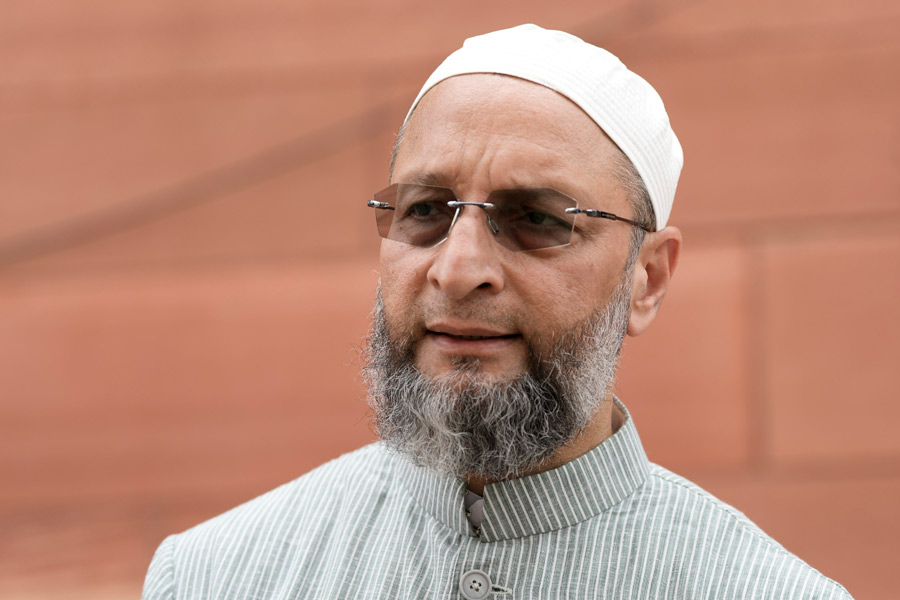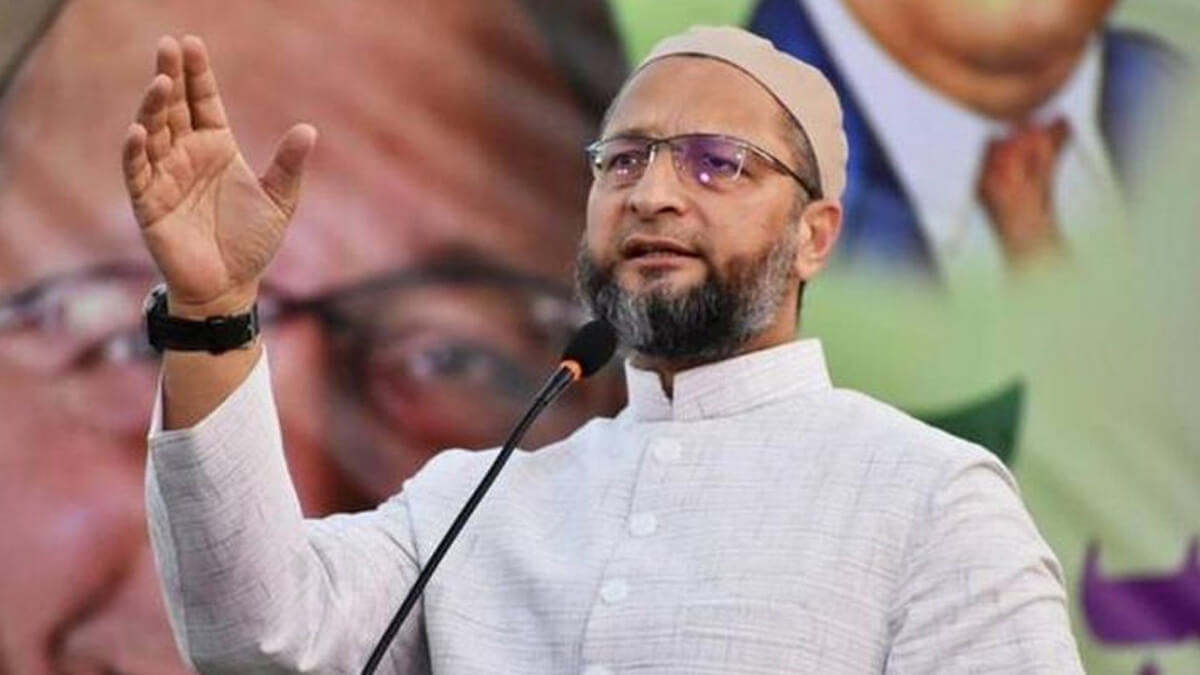Joint Committee invites suggestions on Waqf (Amendment) Bill 2024
Sat 31 Aug 2024, 10:31:06
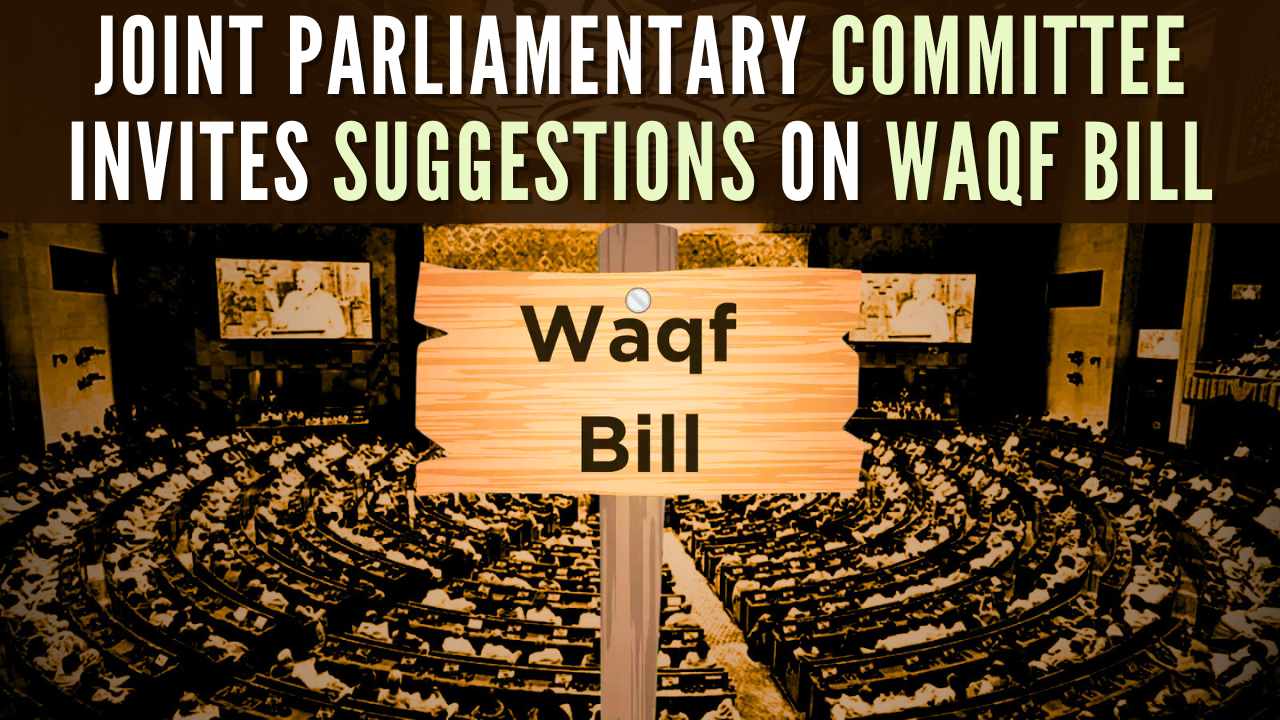
The Joint Committee on the Waqf (Amendment) Bill, 2024 was held in New Delhi yesterday to seek views and suggestions from various stakeholders. The Committee, constituted under the Chairmanship of Lok Sabha MP Jagdambika Pal, had invited views and suggestions from the stakeholders including the public, NGOs, experts, and institutions.
The first meeting of the Committee was held on the 22nd of this month. The 31-member committee consists of 21 members from Lok Sabha and 10 members from Rajya Sabha.
The Waqf (Amendment) Bill, 2024 is intended to overcome the shortcomings and to enhance the efficiency of the administration and management of the waqf properties. The Bill has provision of renaming of the Waqf Act, 1995 as the Unified Waqf Management, Empowerment, Efficiency and Development Act, 1995. It also provides the functions of the Survey Commissioner to the Collector or any other officer not below the rank of Deputy Collector duly
nominated by the Collector for the survey of waqf properties.
nominated by the Collector for the survey of waqf properties.
It also has provision for a broad-based composition of the Central Waqf Council and the State Waqf Boards and ensuring the representation of Muslim women and non-Muslims. It also provides for the establishment of a separate Board of Waqf for Boharas and Aghakhanis, and representation of Shia, Sunni, Bohra, Agakhani and other backward classes among Muslim communities. The Bill also has provisions for reforming the Tribunal structure with two members and providing for appeals against the orders of the Tribunal to the High Court within a specified period of ninety days.
The Text of The Waqf (Amendment) Bill, 2024 is available in Hindi and English on the Lok Sabha website. The Bill, which was introduced in Lok Sabha during the Budget Session, was referred to the Joint Committee of Parliament for examination.
No Comments For This Post, Be first to write a Comment.
Most viewed from National
Most viewed from World
AIMIM News
Owaisi hails SC order on Places of Worship Act
Dec 13, 2024
AAP Corporator Tahir Hussain joins AIMIM party
Dec 11, 2024
BJP-SP two sides of same coin: Asaduddin Owaisi
Nov 19, 2024
Latest Urdu News
Most Viewed
May 26, 2020
Do you think AAP will perform better in Delhi polls without alliance?
Latest Videos View All
Like Us
Home
About Us
Advertise With Us
All Polls
Epaper Archives
Privacy Policy
Contact Us
Download Etemaad App
© 2024 Etemaad Daily News, All Rights Reserved.


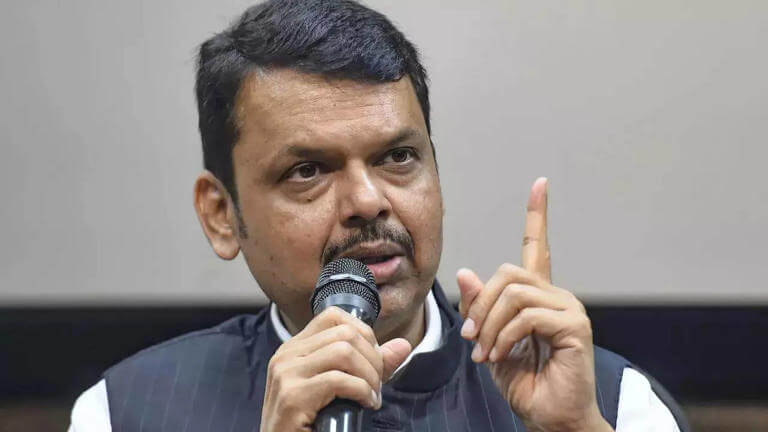
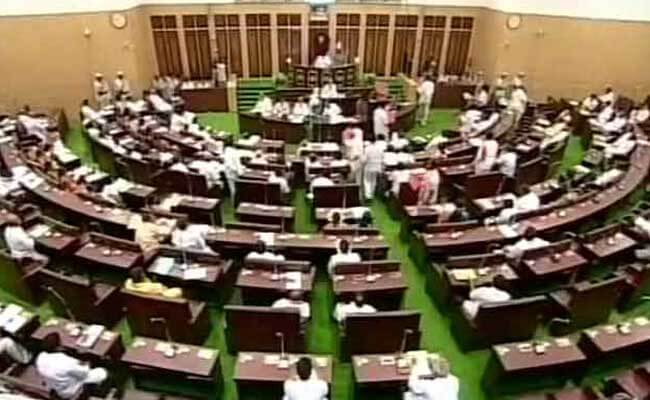
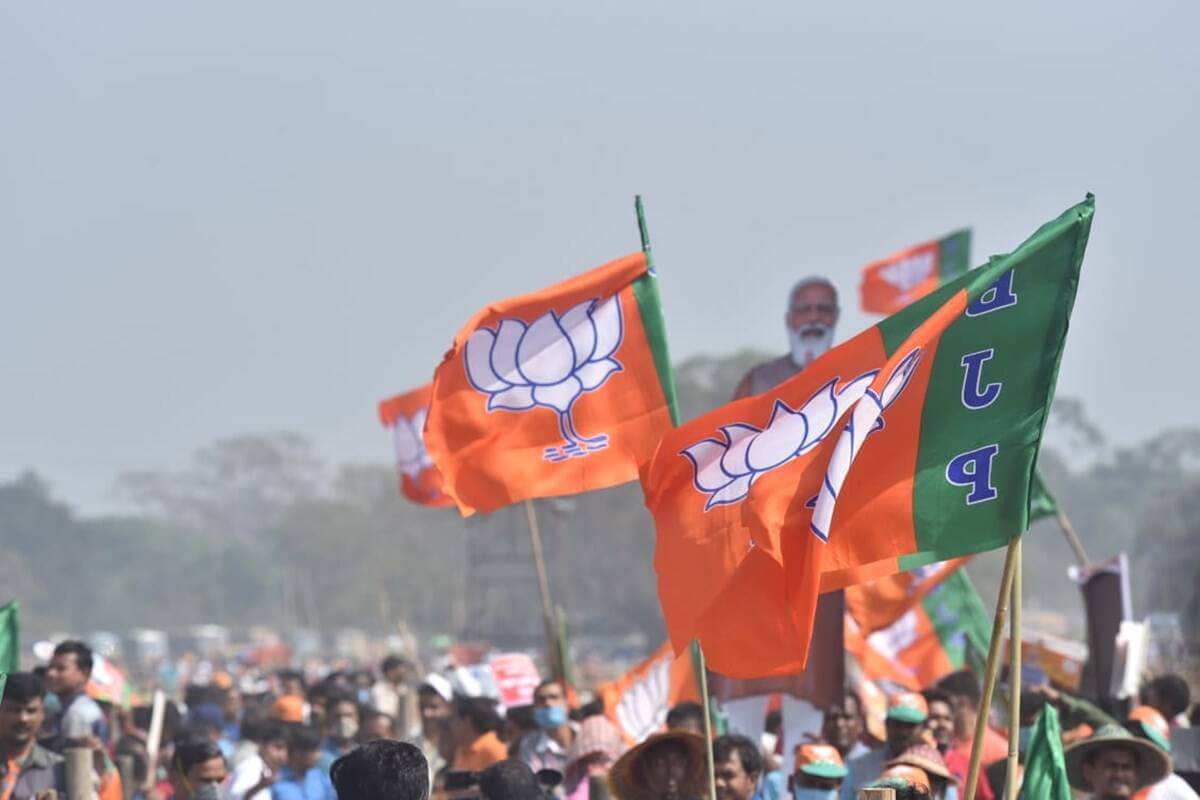
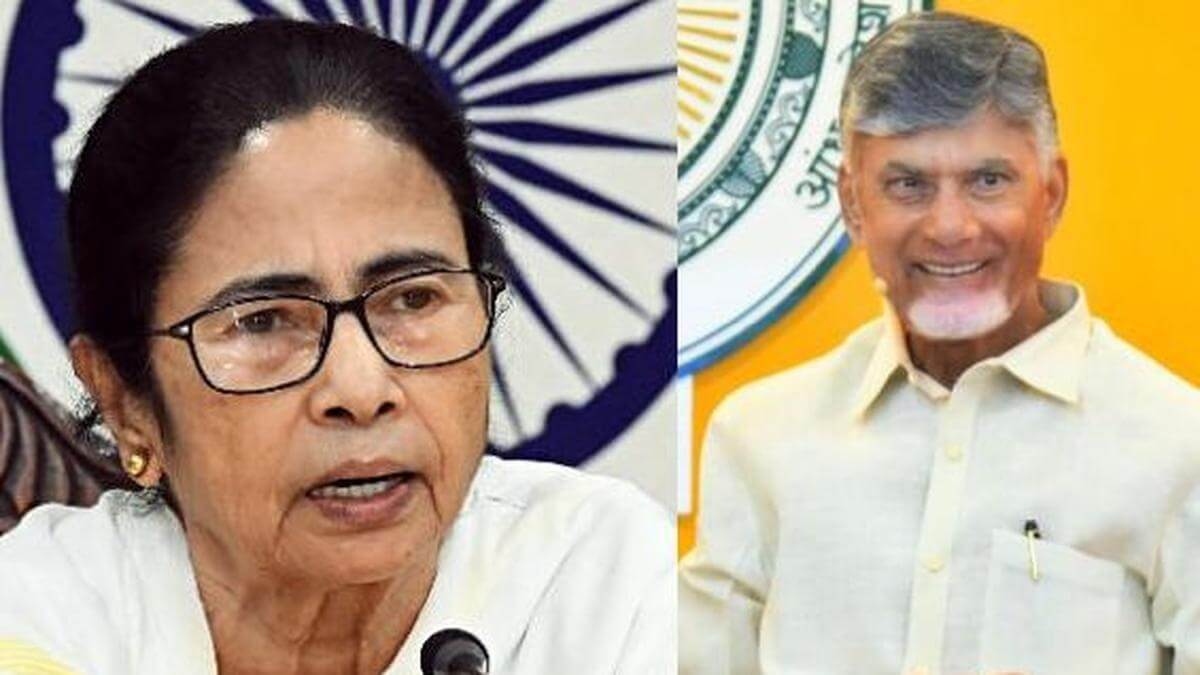
.jpg)
.jpg)
.jpg)
.jpg)
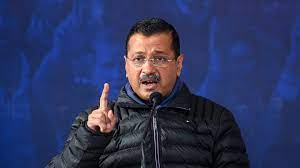
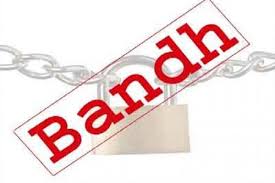
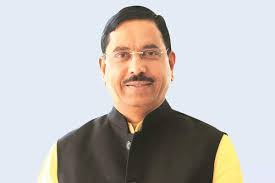
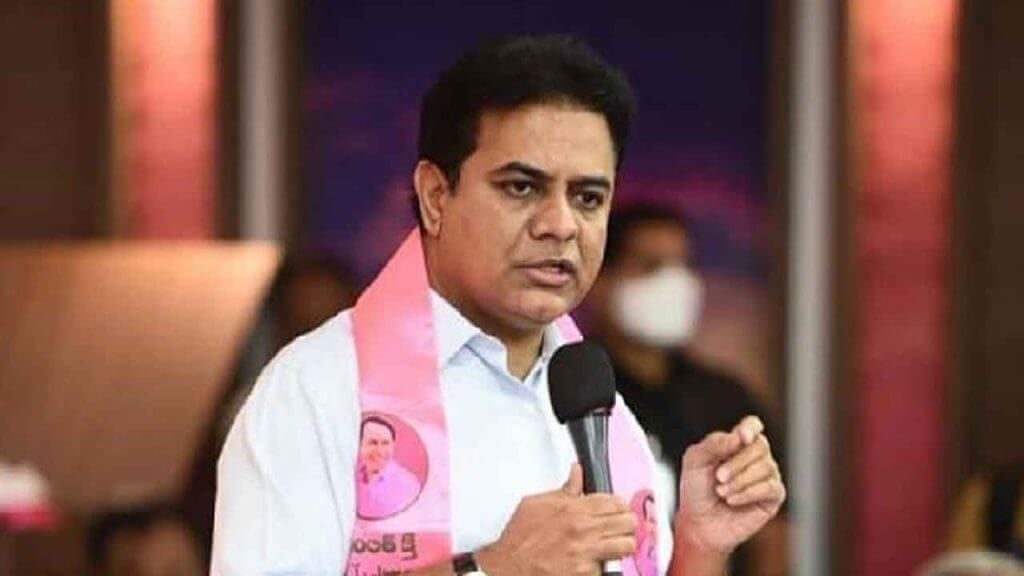

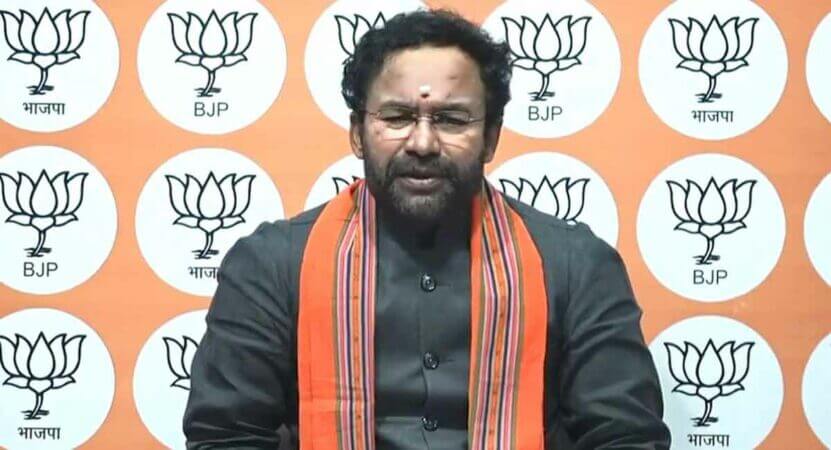
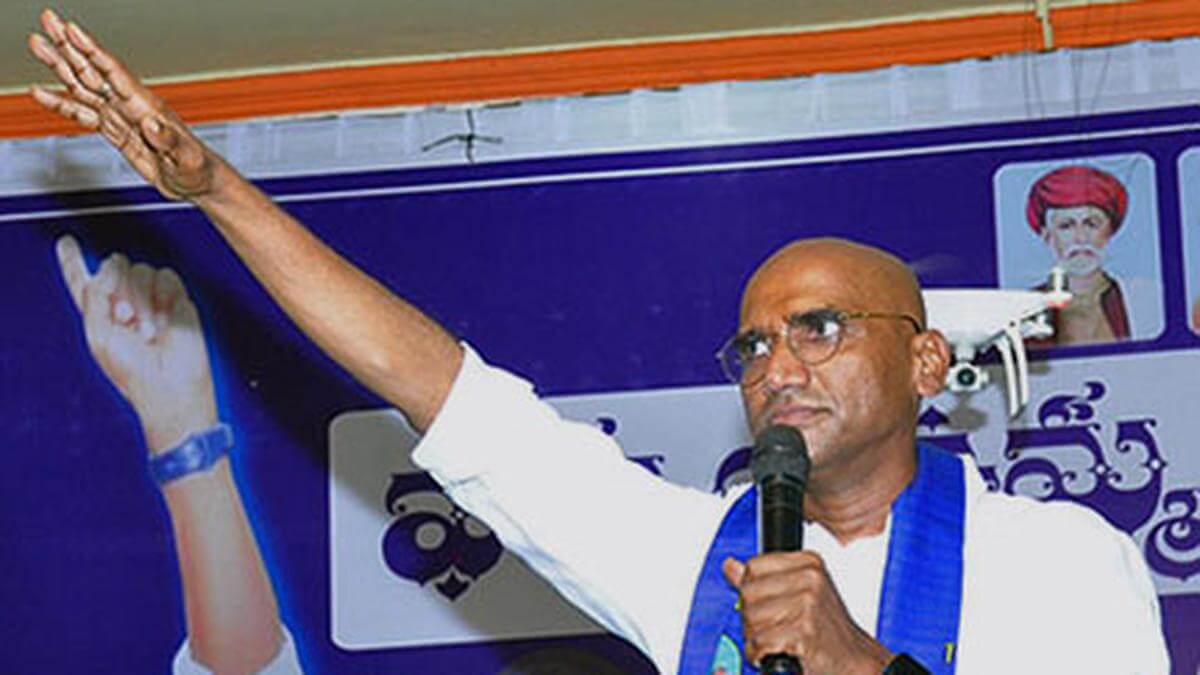

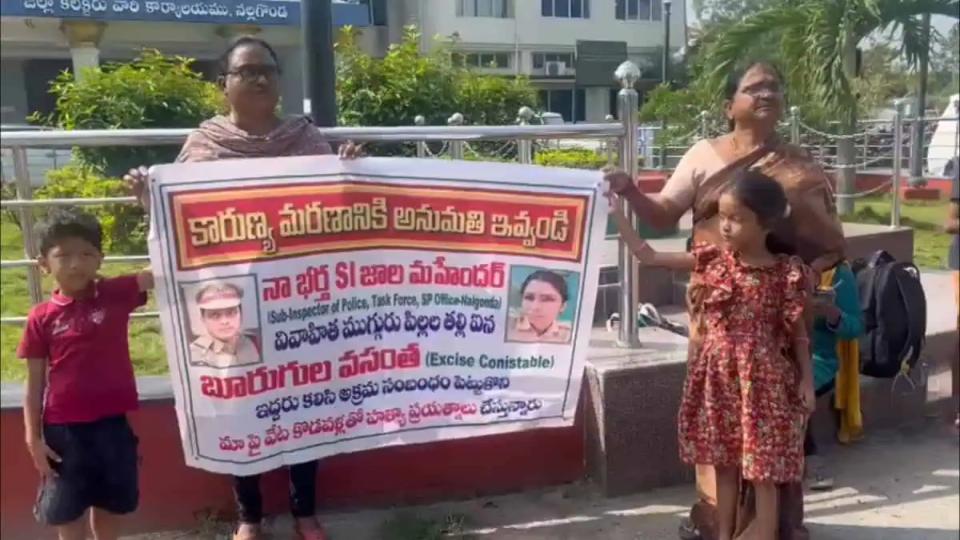


.jpg)
.jpg)
.jpg)
.jpg)

